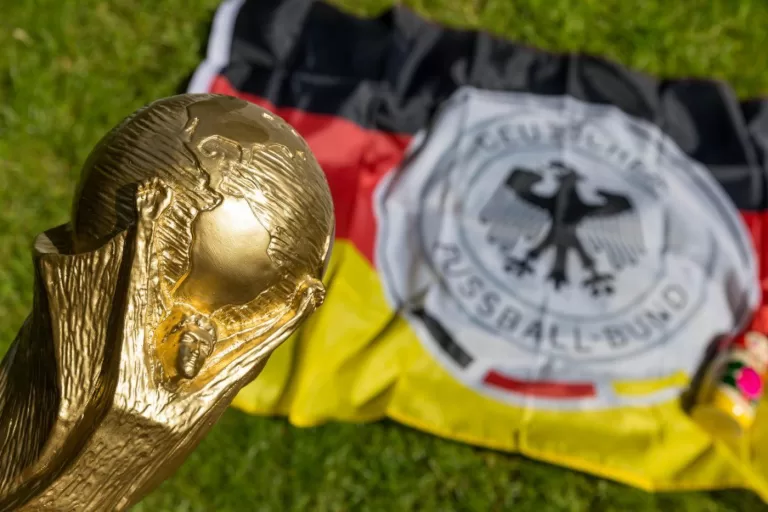Unlike any other defending champion, Germany’s demise wasn’t foreseen…
Coming into the World Cup, the Germans were in terrific shape and form, and predictably were seen as favourites by many. For the past 12 years, Joachim Löw’s well-oiled German machine has left everything in its wake- – winning the 2014 FIFA World Cup and making at least the semi-final in every other tournament. With a settled team and Löw having signed a new four-year deal, it seemed Germany were ready for another title tilt. But it didn’t quite work out as Germany crashed out, finishing bottom of their group. I will look ahead to the reasons which sunk the Germans deep into this oblivion.
Germany at the #WorldCup since 1938:
'54 – 🏆
'58 – SF
'62 – QF
'66 – Runners-up
'70 – SF
'74 – 🏆
'78 – QF
'82 – Runners-up
'86 – Runners-up
'90 – 🏆
'94 – QF
'98 – QF
'02 – Runners-up
'06 – SF
'10 – SF
'14 – 🏆
'18 – Bottom of their groupA new Löw. pic.twitter.com/6SwMR94dQY
— ESPN UK (@ESPNUK) June 27, 2018
Loyalty to players
Joachim Löw always has been the kind of guy that works with a settled team. He is loyal to certain players, who are always in the squad regardless of their form. In the process, he left out Leroy Sane, who had an extraordinary season on his way to winning the Premier League with Manchester City. Löw won the FIFA Confederations Cup last year with a second-string Germany team – as guys like Goretzka, Süle and Rudy performed brilliantly. But at the World Cup, Joachim Löw persisted with many of his trusted stalwarts from the 2014 squad and this time, they didn’t come to the fore.
Abandoning their principles
Germany grew into the 2014 World Cup as in the first few matches they started Lahm in midfield, but then reverted to a more settled line-up with 4-3-3 formation – with Schweinsteiger, Khedira and Kroos in midfield. This gave them defensive solidity and potency in attack.
For some reason, Löw played with a 4-2-3-1 this time around, with Kroos and Khedira in a midfield two. There was little cohesion in their play and something didn’t quite feel right about the team. In the game in which Joachim Löw played three midfielders, he decided to stick Goretzka out on the wing.
The one great trait of Germans has always been knowing how to win a football match. That didn’t look the case in this World Cup, and them getting away from their principles was a big part for that.
🇩🇪 During Germany's entire #WorldCup campaign…
⏰ They were ahead in a game for JUST 1 minute.
😱 Incredible. pic.twitter.com/nsE07zbIv4
— SPORF (@Sporf) June 27, 2018
Defensive vulnerability
All throughout the tournament, Germany never looked solid defensively. Manuel Neuer was called into action more times than expected. The German full-backs pushed higher up the pitch, leaving space behind for counter-attacks. Boateng and Hummels’ lack of pace was badly exposed as they could not make up the ground when coming up against forwards that were willing to run in behind. They got little support from their midfielders, and it was largely just Boateng and Hummels against three or four forwards. Germany’s impressive record in international tournaments was thoroughly based on strong back-lines. This German team was always susceptible to counter-attacks, and had no defensive stability, which ultimately led to their early elimination from the World Cup.
Where do Germany go from here? The actions they take going forward will define whether this World Cup was a minor blip or a major crisis.
